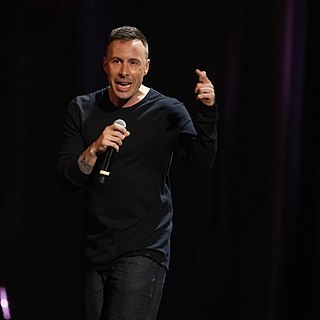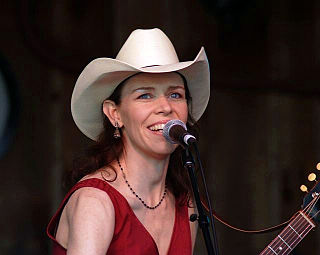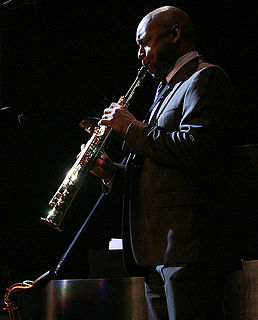A Quote by Nick Morgan
You can strengthen your leadership voice by finding what I call its Maximum Resonance Point and learning to pitch your voice there. That gives you the strongest voice and thus the one that people are most likely to want to follow.
Related Quotes
We're always being told 'find your voice.' When I was younger, I never really knew what this meant. I used to worry a lot about voice, wondering if I had my own. But now I realize that the only way to find your voice is to use it. It's hardwired, built into you. Talk about the things you love. Your voice will follow.
I loved the idea of doing impressions and mimicking and playing around with the spectrum of your own voice. That's what I enjoy most about doing voiceovers. You can be completely unconscious with the rest of your body and just concentrate on doing something with your voice, creating an entire character with your voice.
Write like you write, like you can't help but write, and your voice will become yours and yours alone. It'll take time but it'll happen as long as you let it. Own your voice, for your voice is your own. Once you know where your voice lives, you no longer have to worry so much about being derivative.
































